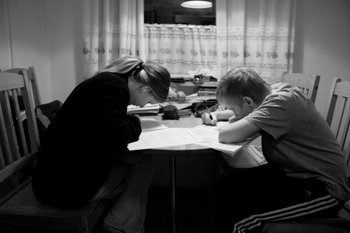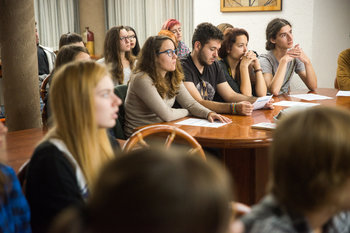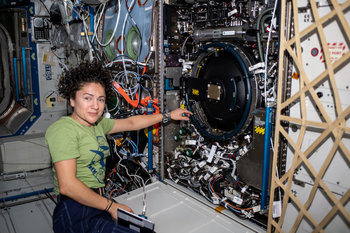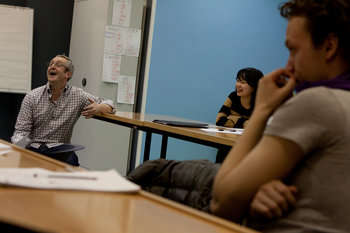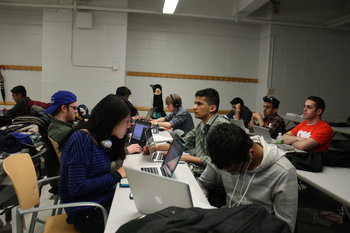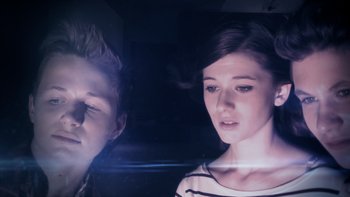
Agency
A fixed mindset can be viewed as low agency whereby an individual doesn't believe they control their own results in life. For example, a student who views mathematics as a natural talent that they lack such that they aren't to blame for low math scores.Motivated Reasoning
The theory of fixed mindset is difficult to measure because individuals may claim to lack talent and innate ability when they simply do not like a subject. In other words, a lack of aptitude can be used as an excuse to avoid the subject or apply little effort. This is based on a common type of thought process known as motivated reasoning.Realism
In some cases, a fixed mindset can be realistic to some degree. For example, a student who has tried and tried to improve their skills with a musical instrument who realizes they will never master it due to a lack of aptitude. Where significant effort has been applied with little result, a seemingly fixed mindset can be viewed as realism. In this case, a student who is encouraged to adopt a failure is not an option approach based on the supposed benefits of a growth mindset may face further discouraging results and may end up wasting their potential in areas where they have far more aptitude.Defeatism
A fixed mindset can be viewed as a form of defeatism whereby an individual views a situation as hopeless and uses this as a reason not to try. For example, a student who believes they lack aptitude may avoid challenges, give up easily and ignore critical feedback..Notes
The theory of fixed mindset is primarily applied to education and learning.Fixed mindset theory can be viewed as part of a greater trend whereby education systems are encouraged to pathologize students.| Overview: Fixed Mindset | ||
Type | ||
Definition | The belief that talent and abilities are innate traits that can't be developed. | |
Attributed To | Carol Dweck | |
Related Concepts | ||










